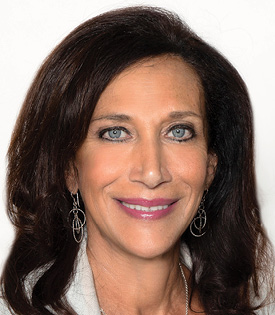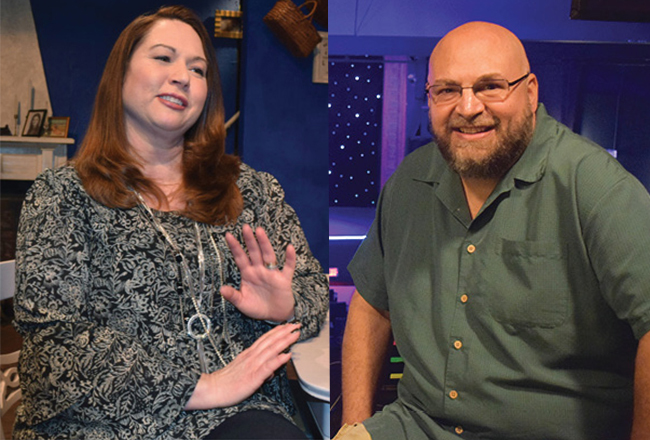For the past 101 years, the nonprofit Junior Achievement has provided schools with

specialized classroom-based programs designed to bring awareness on economic and workplace subjects to students in the K-12 grades. But when the schools were forced to close in March to stop the spread of COVID-19, the organization quickly found itself shifting gears to make its programs available in the virtual environment that replaced classroom learning.
In this edition of Suite Talk, Business Journal Senior Enterprise Editor Phil Hall speaks with Bernadine Venditto, president of Junior Achievement of Greater Fairfield County, on the organization”™s local response to providing educational input in the midst of a pandemic.
What was your organization offering to the local schools prior to the pandemic and how has it adapted to the crisis?
“We work with almost 100 schools. We have volunteers come in with a curriculum that addresses financial literacy, entrepreneurship and work readiness. So, students are learning all of the skills and knowledge that will help them to understand jobs of the future and to grow economically.
“Today, we are taking our various activities and programs that are based on programs that we had already offered in the classroom and are now offering them digitally. For example, at the middle and high school level, it would be focused on the financial impact of COVID-19. We would be speaking to that age group based on their level of understanding. There are other activities ranging all the way down to kindergarten that enables parents and teachers to do the same thing that Junior Achievement was doing with our work in the classrooms.”
How is your organization coordinating these lessons with the schools during this time?
“Because we have a network of teachers and administrators that we already worked with, we are communicating with them more directly to follow up and say, ”˜Hey, what can we do to help best meet your needs?” We”™re also sharing this on social media.”
Some of your social media posts mention “virtual volunteers.” What is that all about?
“That”™s something that we”™re really pleased about. As an organization, we”™ve been developing opportunities for volunteers to help kids in the classroom virtually. The cornerstone of Junior Achievement has always been the volunteer piece. And the reason is that we have this curriculum is to help kids develop an economically successful understanding of their place and where they would fit in careers.
“We”™ve always had volunteers from the business community go into the classroom to deliver this curriculum that we”™ve developed, and they share their own personal experiences and become role models. But in the past several years, there”™s been a decline as companies have left because people have less time to devote to classroom presentations.
“As a result, we”™ve been developing more of a virtual volunteer space where we can expose students to different types of careers learning from entrepreneurs and people in different fields, but deliver it virtually. Not only are we working on that volunteer space as a short-term solution, but it will be something for us to focus on going forward. And that”™s one of the ways that we are pivoting as an organization.”
What kind of feedback are you getting from teachers and parents who are working to provide education in a virtual environment?
“Everything has hit us so quickly and we are working more directly with some teachers as to their specific needs. Those teachers are reacting positively on what we are doing to help them to help the kids.
“As far as parents, what I”™m hearing is that parents feel grateful for this. And there are some parents who didn”™t really know everything that we do, but this is giving them that ability to have activities to do with their kids that keep these messages relevant.”



















